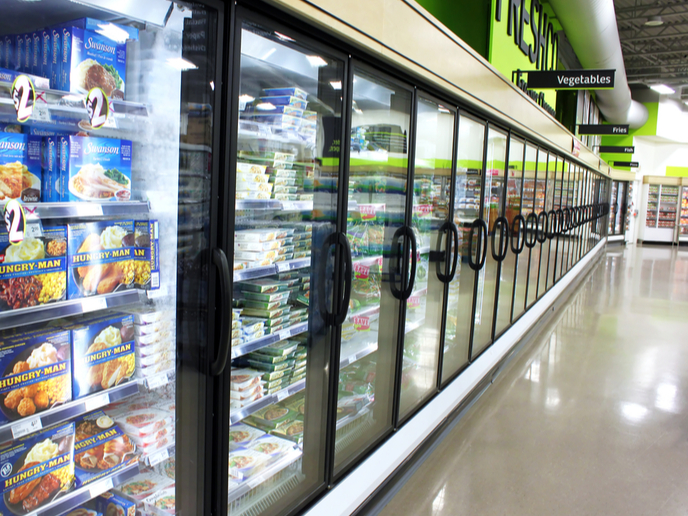Trials under way for new fibre-based ready meal pack
Europe is witnessing a steady increase in consumption of ready meals. Beyond human health concerns for this emerging ‘diet’, the packaging of these meals also has major implications for our environment. Creating enormous waste issues, the black plastic used for ready meal packaging is also difficult to recycle as lasers in waste processers cannot easily identify materials for recycling. Concerned about the environmental impact of such packaging, consumers and producers alike are eager to embrace more sustainable solutions. Major retailers have also agreed to phase out such packaging, and EU-funded researchers and scientists are ready to help them. A new tray by Finnish packaging manufacturer Huhtamaki offers hope of a viable alternative to black plastic. Developed in collaboration with partners Södra and SaladWorks on the EU-funded FRESH project, the product is part of efforts to ultimately introduce a bio-based ready meal package for the United Kingdom market. The company trialled its fibre-based ready meal packaging in May and June with two Italian-style ready meals. “We hope this novel solution will be well received and that this project will be a tipping point for the adoption of bio-based packages in this segment,” said Steve Davey of Huhtamaki in an article on Packaging Europe. Recognising the need for alternatives based on renewable materials, Huhtamaki hopes the trial will open the way to adoption of bio-based packaging in this segment. A news story on the Finnish company’s website explains that the new material feels like cardboard and is made of fibre derived from sources certified by the Forest Stewardship Council. Established in 1993, the Council promotes environmentally and socially responsible management of the world’s forests. Developed by FRESH partner Södra and called Durapulp, the renewable material is a biocomposite comprising a mixture of cellulose and GMO-free polylactic acid. “It is a renewable alternative and suitable for sensitive substances such as food,” the story quotes Catrin Gustavsson, Senior Vice President of Innovation and New Business at Södra as saying. The FRESH (FRESH - Fully bio based and bio degradable ready meal packaging) project, running for 3.5 years to 2020, targets an innovative, high-end cellulose-based alternative to existing fossil-based plastic trays using a novel laminating technology. Project objectives include a radically improved environmental footprint (over 80 % CO2 reduction) over the product life cycle compared to competing fossil-based packaging materials. Its overarching aim is to deliver a full value chain – from materials sourcing to end users – demonstrating technical and economic feasibility of a 100 % bio-based and 100 % biodegradable alternative for ready meal packaging. FRESH’s end product has potential for major environmental, economic and even job creation benefits. It should also prove to be a game-changer for retail, catering – e.g. for airlines and for meal services for the elderly – and remote operations covering both civil and military needs. For more information, please see: FRESH project website
Countries
Netherlands



